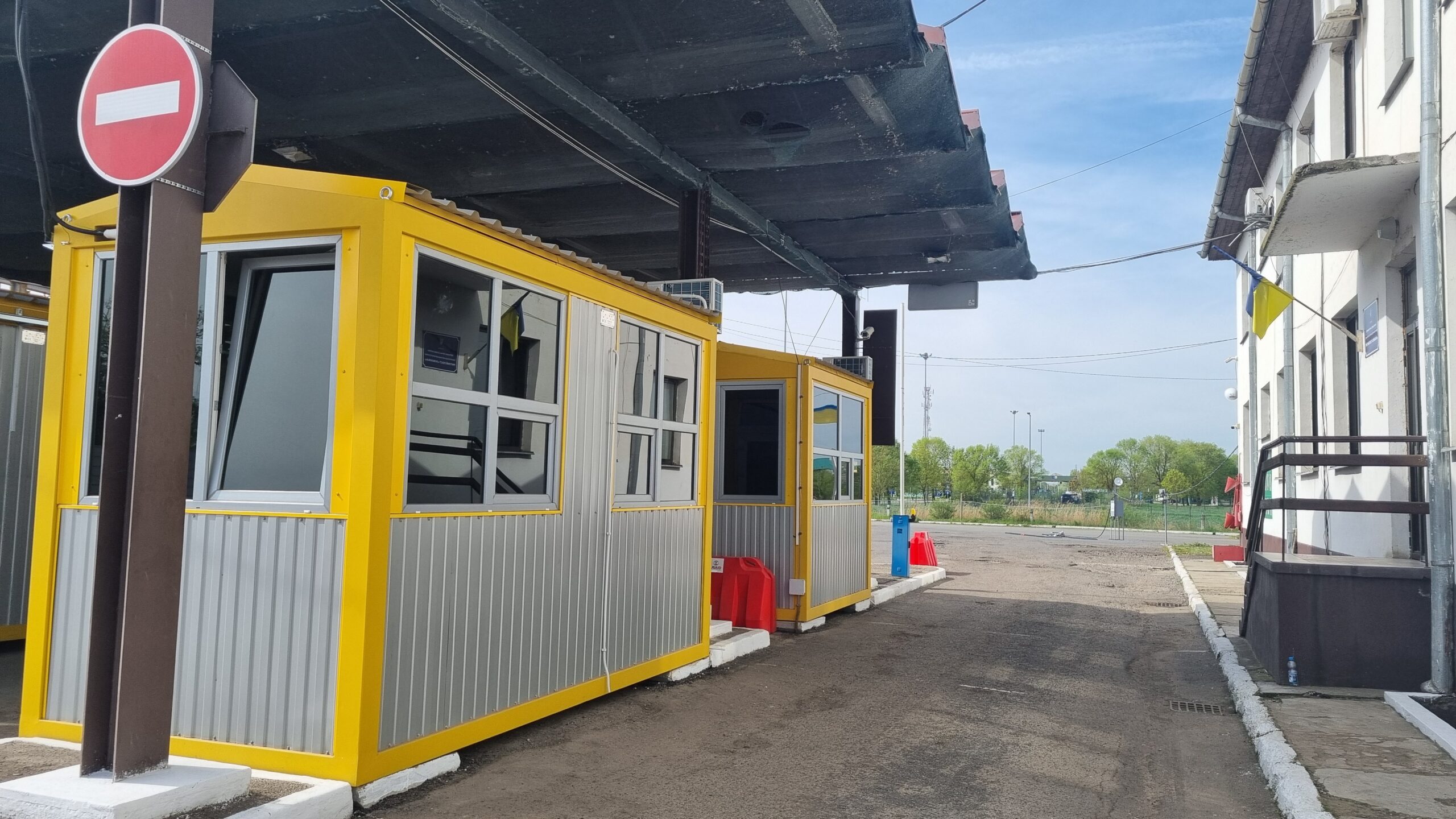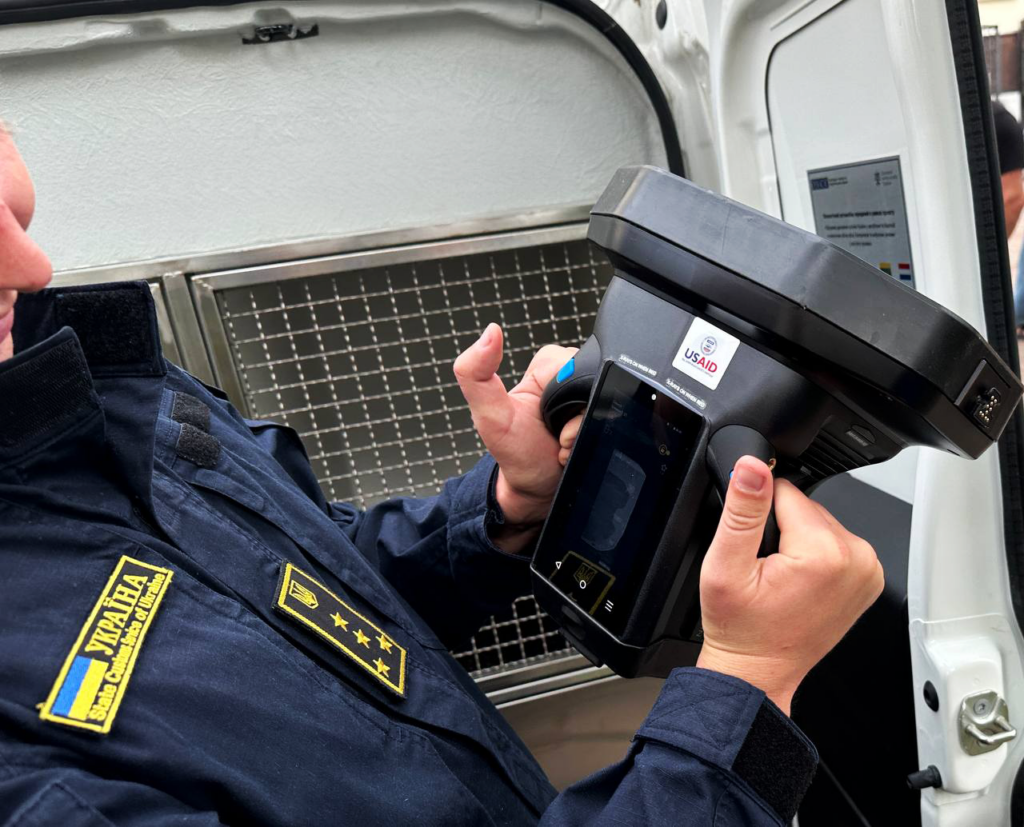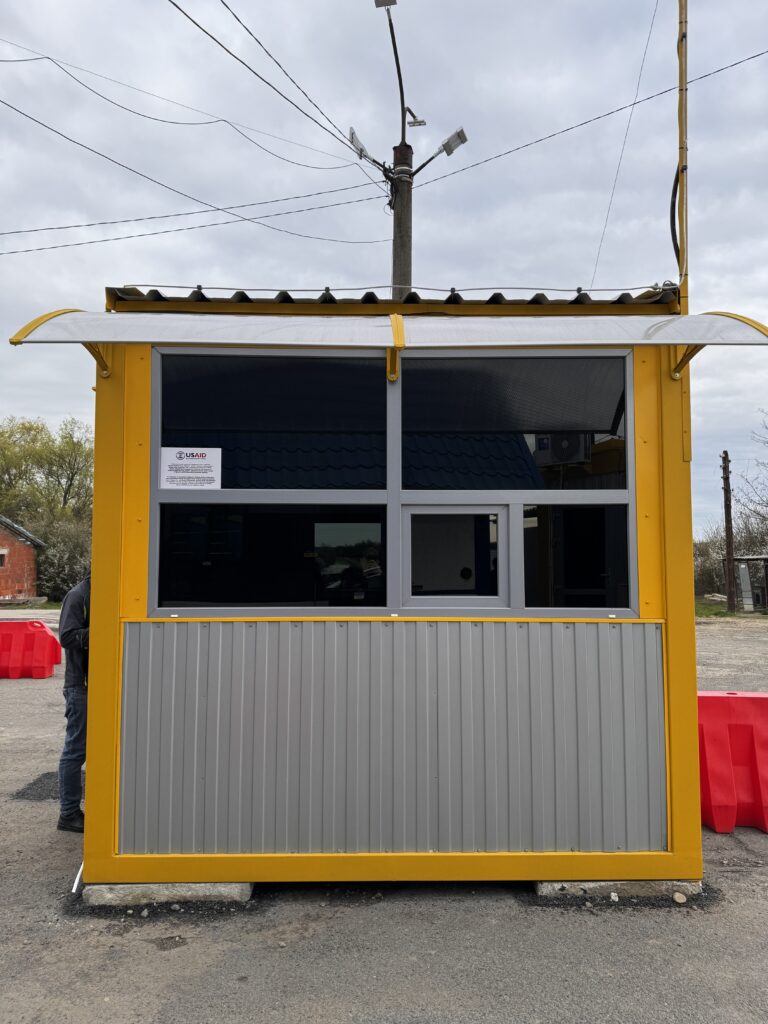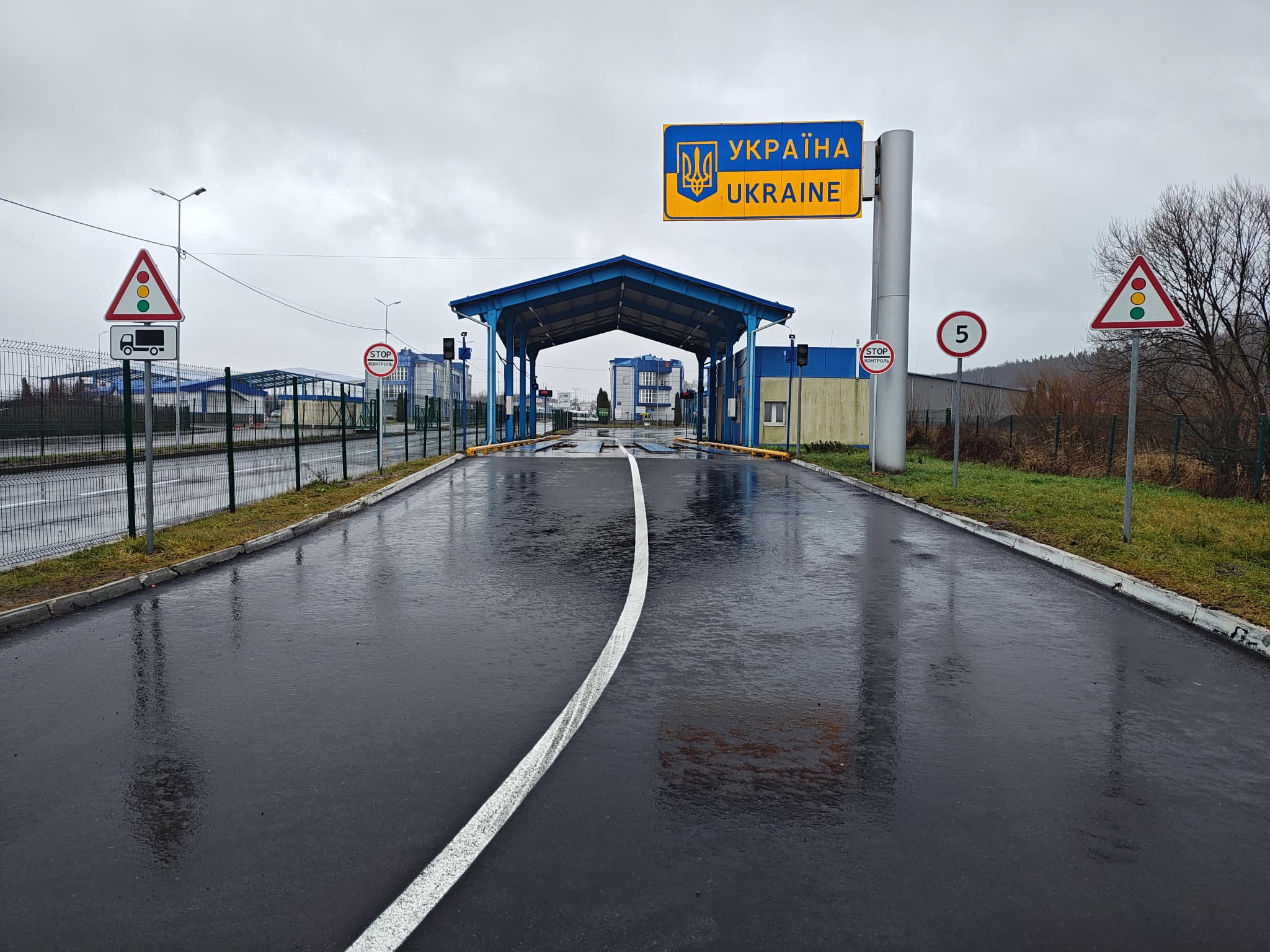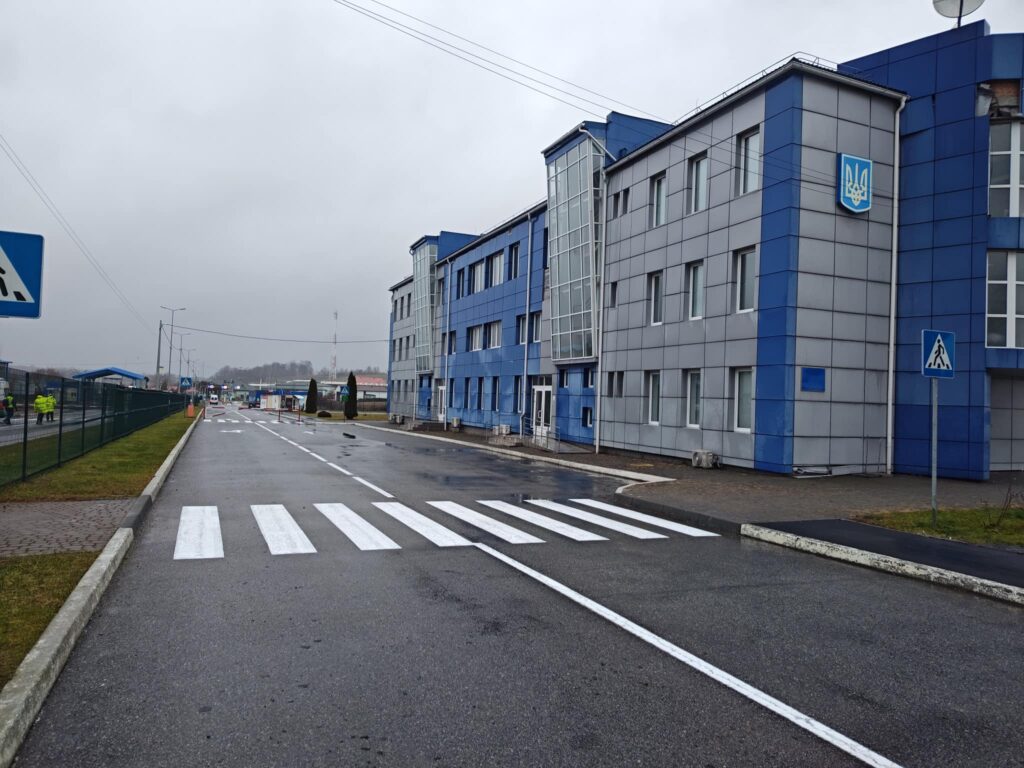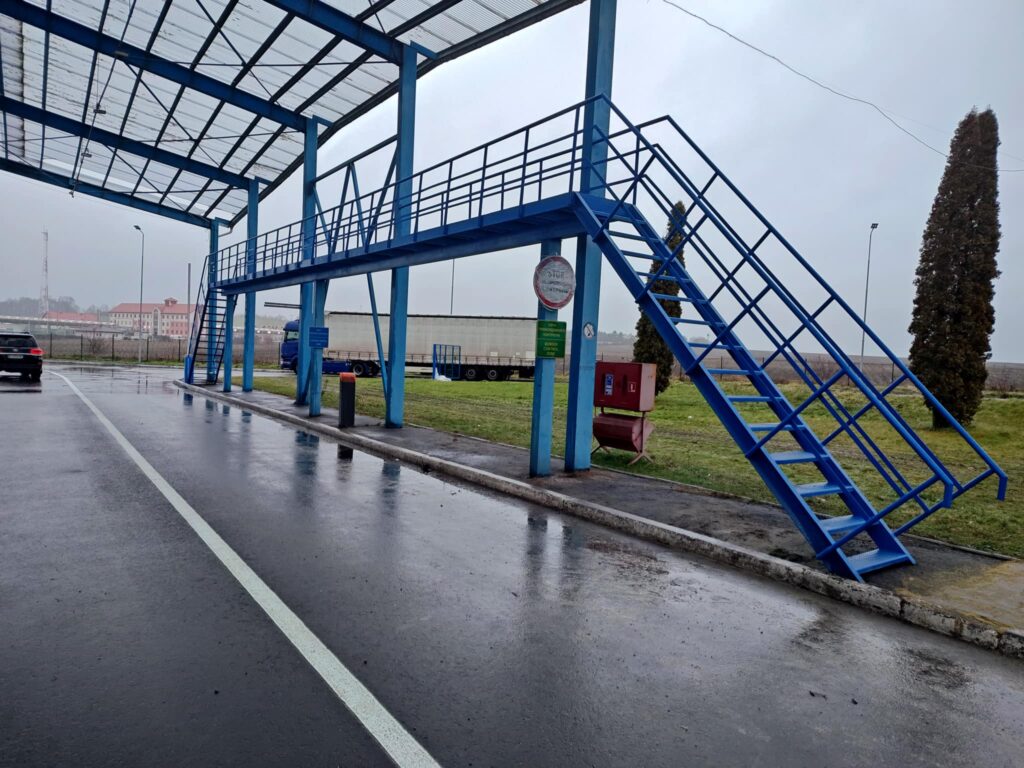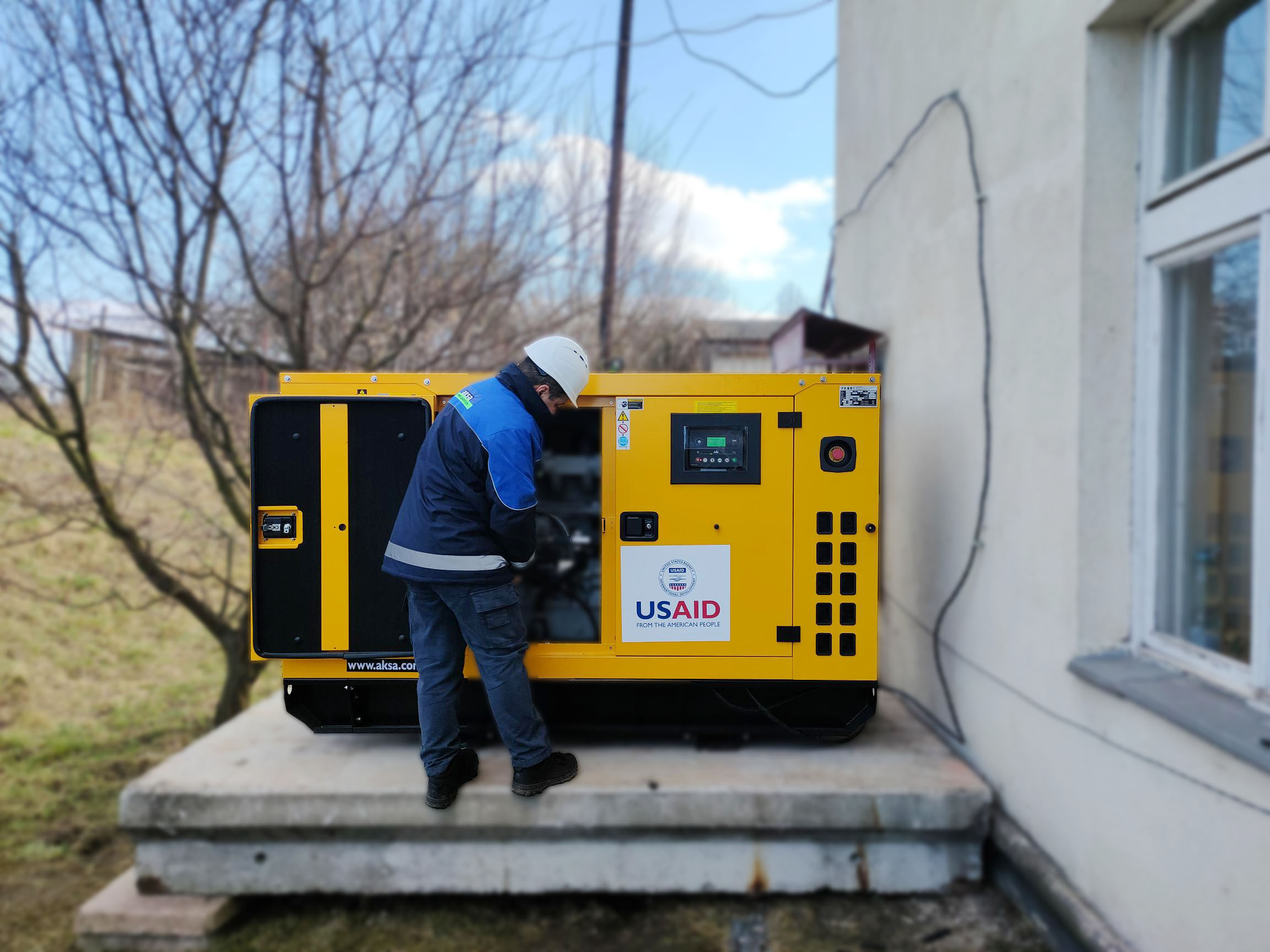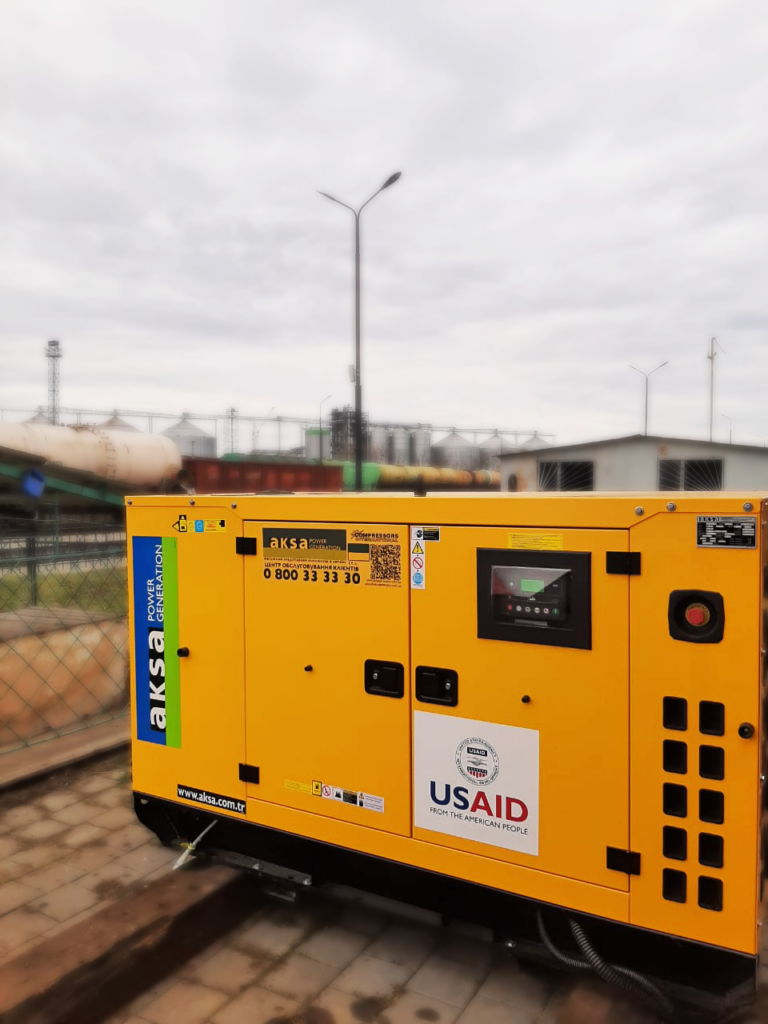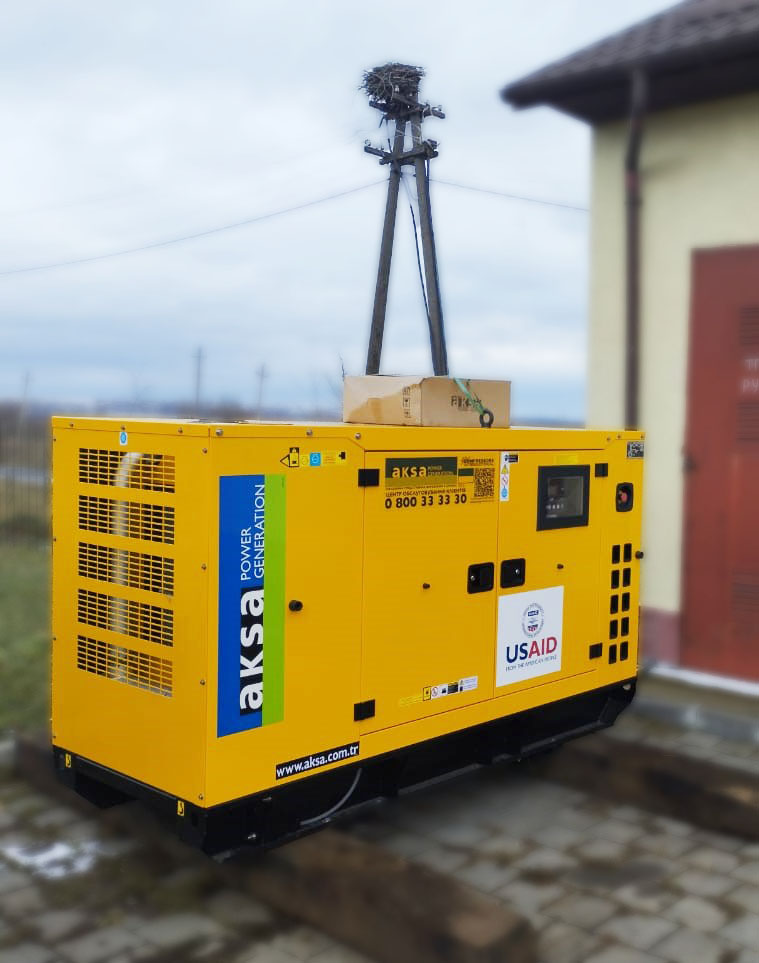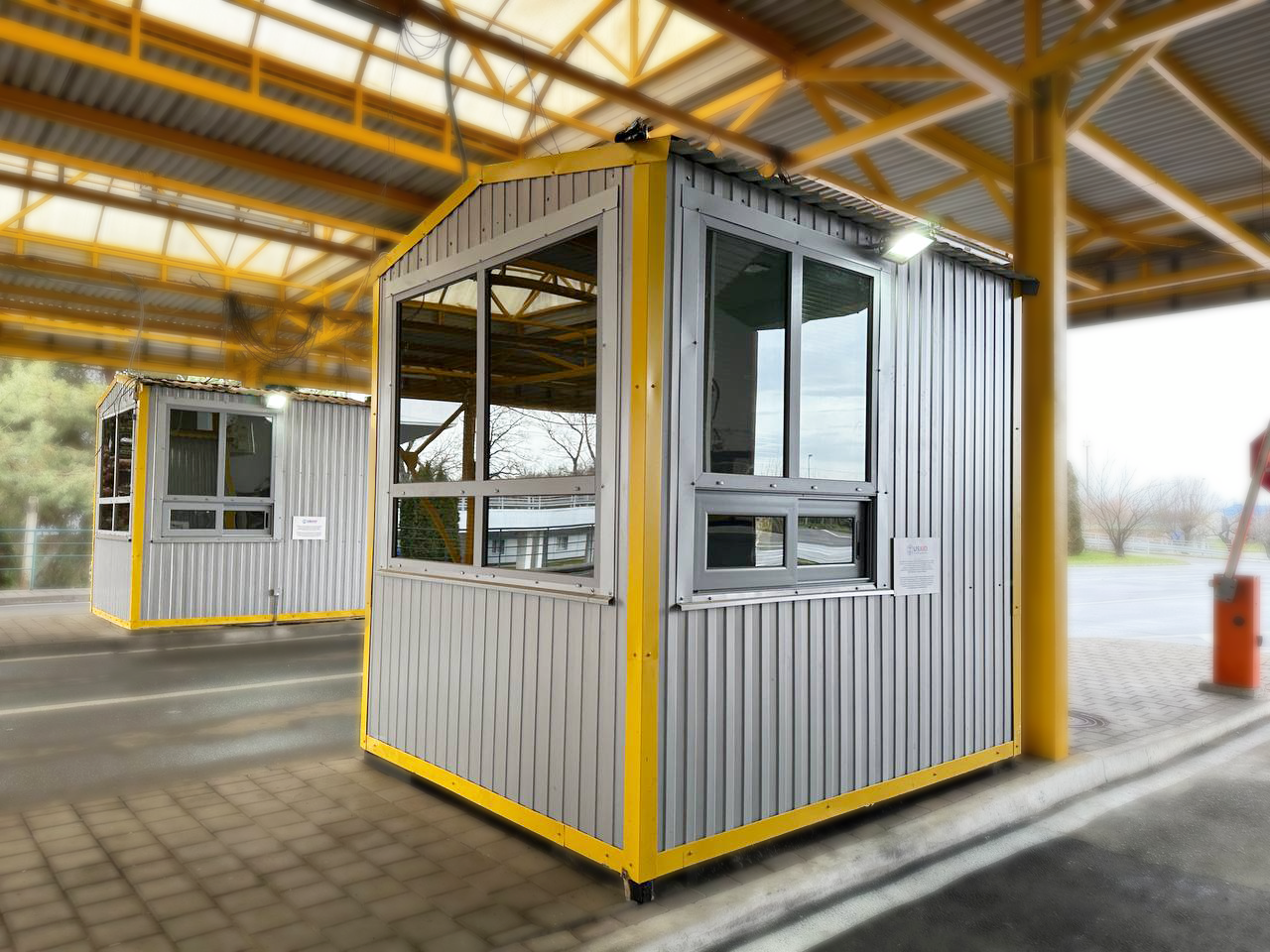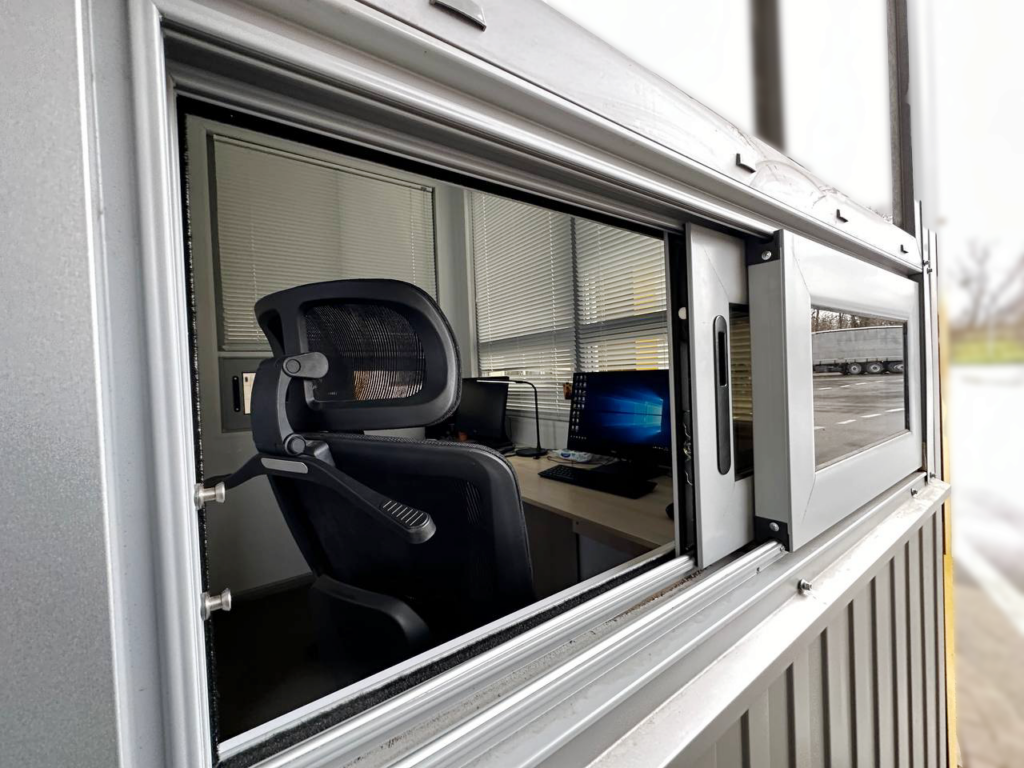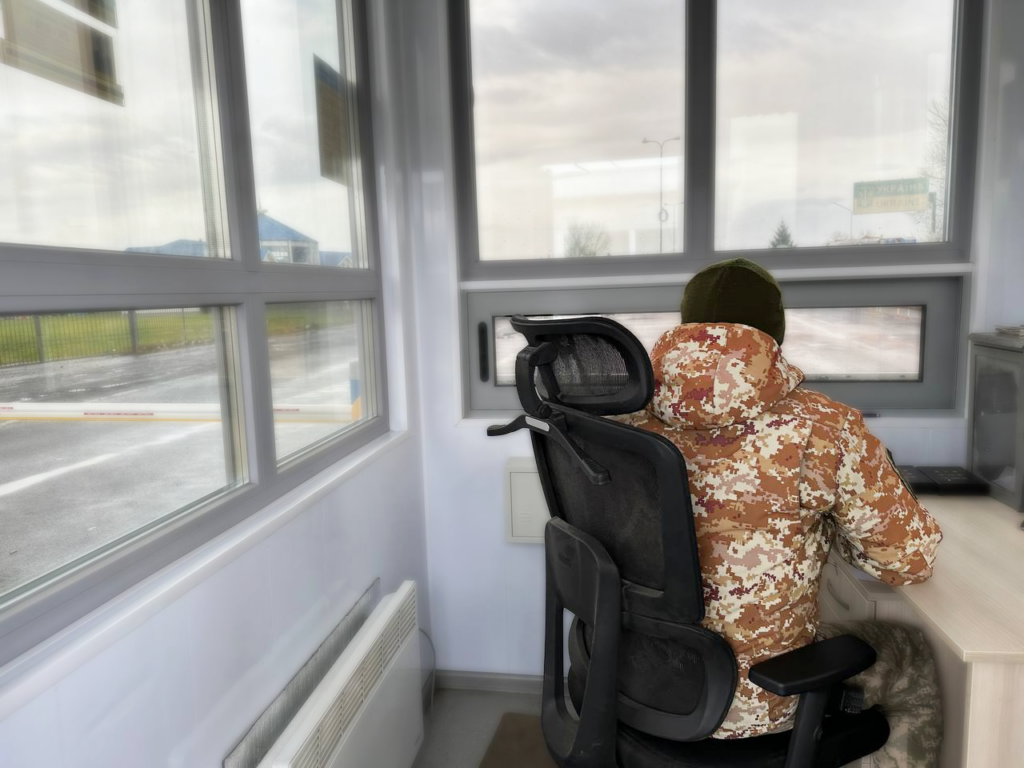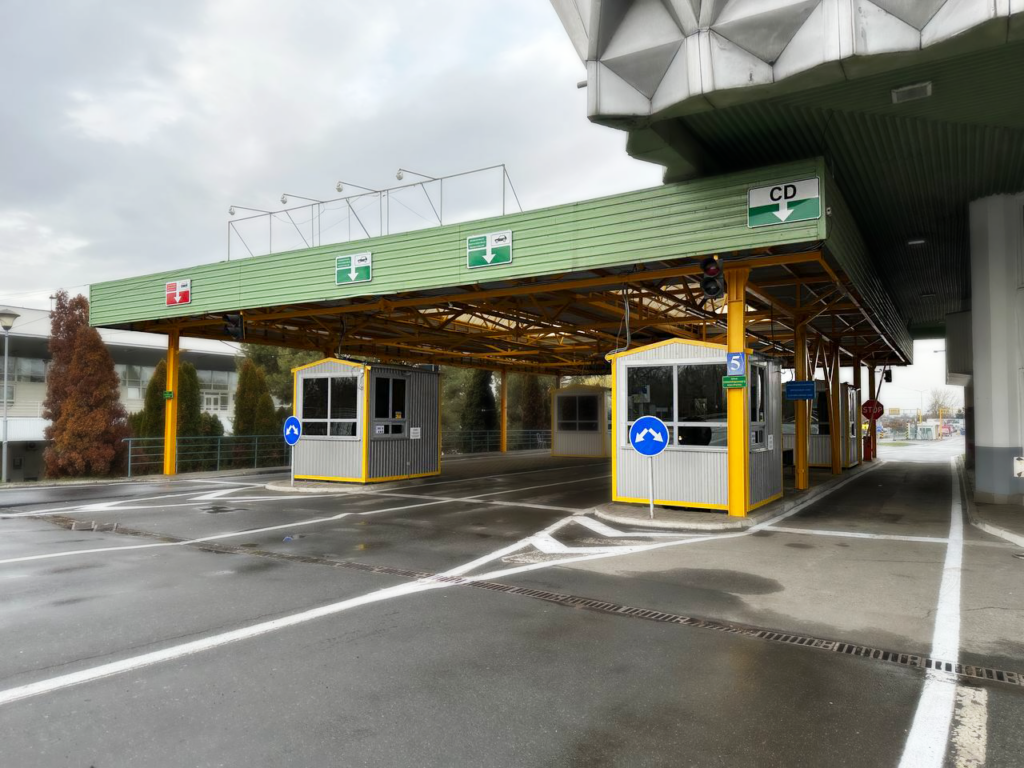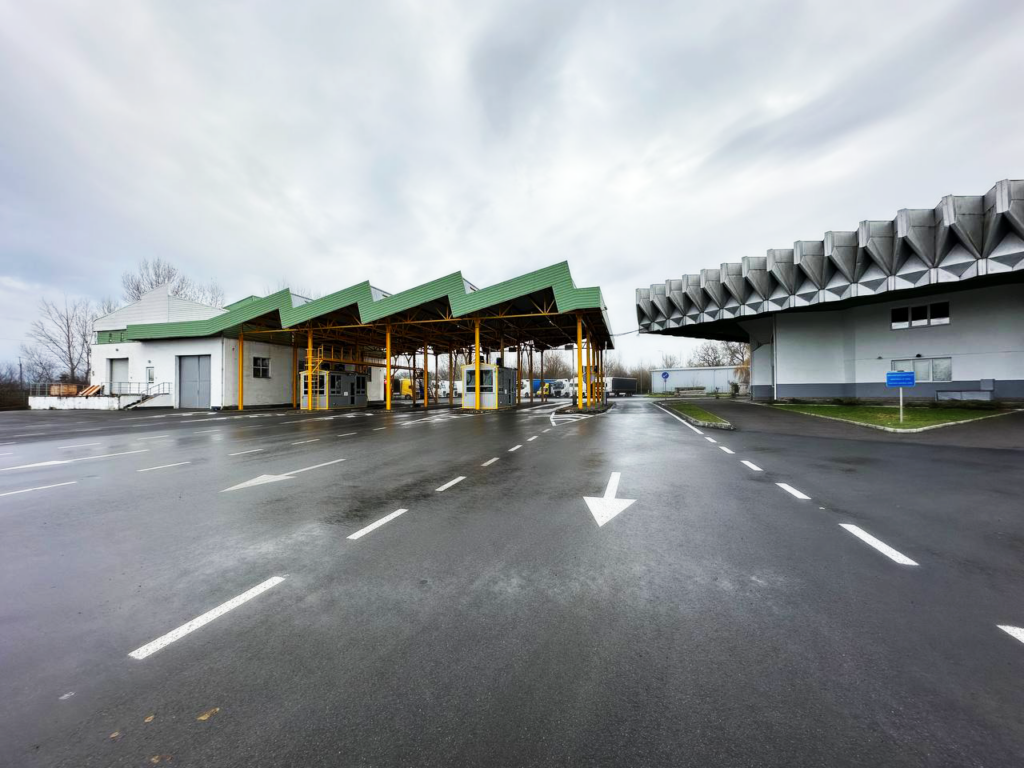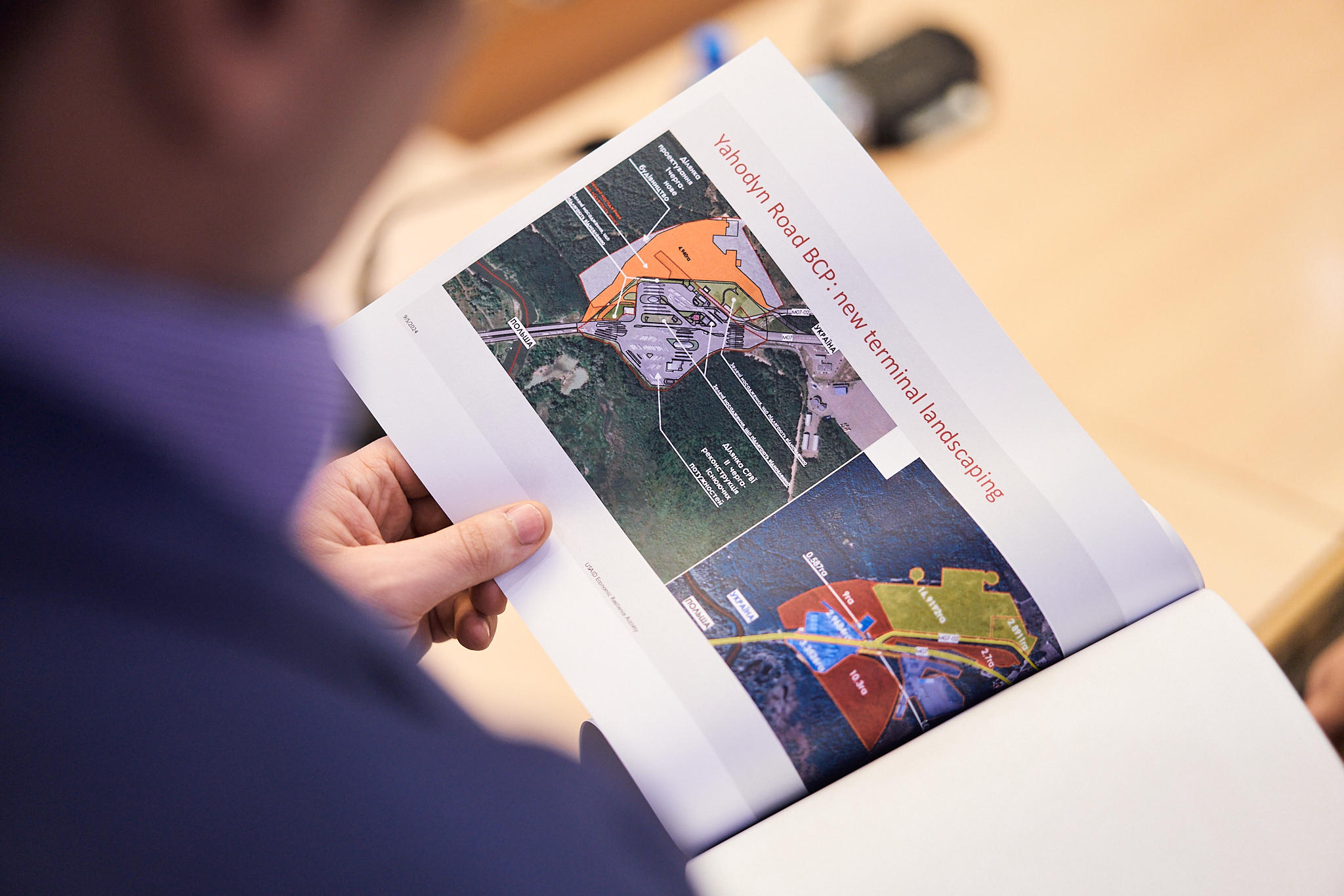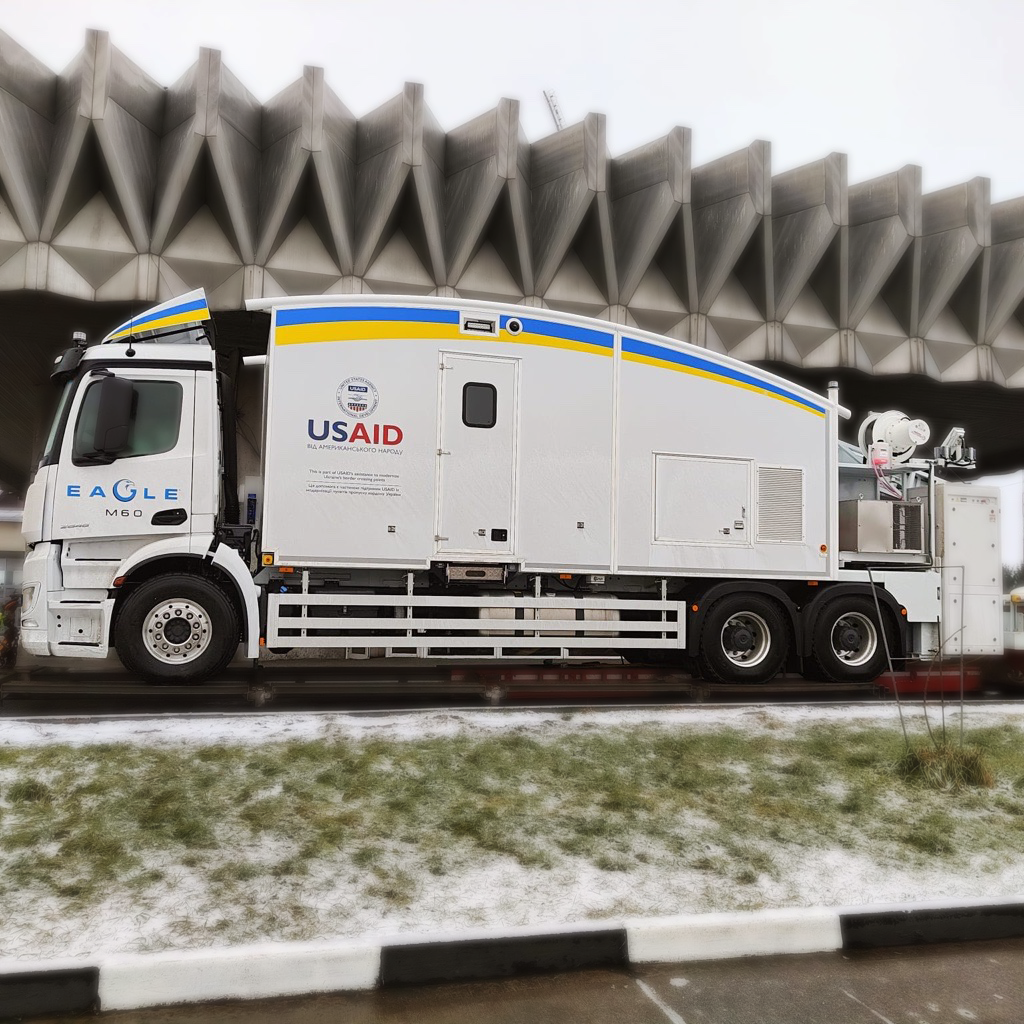With the support of USAID Economic Resilience Activity (ERA), the Luzhanka BCP has undergone comprehensive modernization, transforming its infrastructure and operations.
Key improvements include road surface repairs, refreshed road markings, and the installation of new permanent modular facilities for border and customs officials. Additionally, 36 LED light bulbs and fixtures were installed, along with 53 traffic signs, enhancing visibility and navigation. ERA also supplied 150 traffic barricades, four one-cubic-meter garbage containers, and four trash bin sets, improving environmental management at the site. To further strengthen operations, USAID ERA provided essential equipment including a commodity scale, two advanced backscatter scanners for security screening, and a forklift to support the flow of goods.
USAID ERA’s modernization of western Ukraine BCPs is an important step in strengthening cross-border logistics. Luzhanka is the only Ukrainian border crossing with Hungary that imposes no weight restrictions on empty trucks weighing more than 7.5 tons. This unique feature helps optimize transport flows and reduces congestion at other BCPs, particularly at the nearby Chop BCP. By redirecting empty trucks to Luzhanka, wait times for vehicles carrying raw materials to enterprises with foreign investments are significantly shortened. Over 60 extra vehicles are expected to pass through Luzhanka daily, alleviating traffic pressure on Chop and improving overall efficiency.
In addition to Luzhanka, ERA has also successfully completed rapid upgrades and equipped the Yahodyn, Uzhhorod, Porubne, Chop (Tysa), and Mohyliv-Podilskyi BCPs. At the Mamalyha, Starokozache, Rososhany, and Rava-Ruska BCPs, the rapid upgrade work and deliveries are being finalized.
Background: Between 2023-2026, USAID, through the Economic Resilience Activity (ERA), is dedicating $115 million to support the State Agency for Restoration and Development of Infrastructure of Ukraine (SARDI), Ukrainian Railways (UZ), and State Customs Services, to upgrade border crossing points (BCPs) to improve trade and export volumes.
